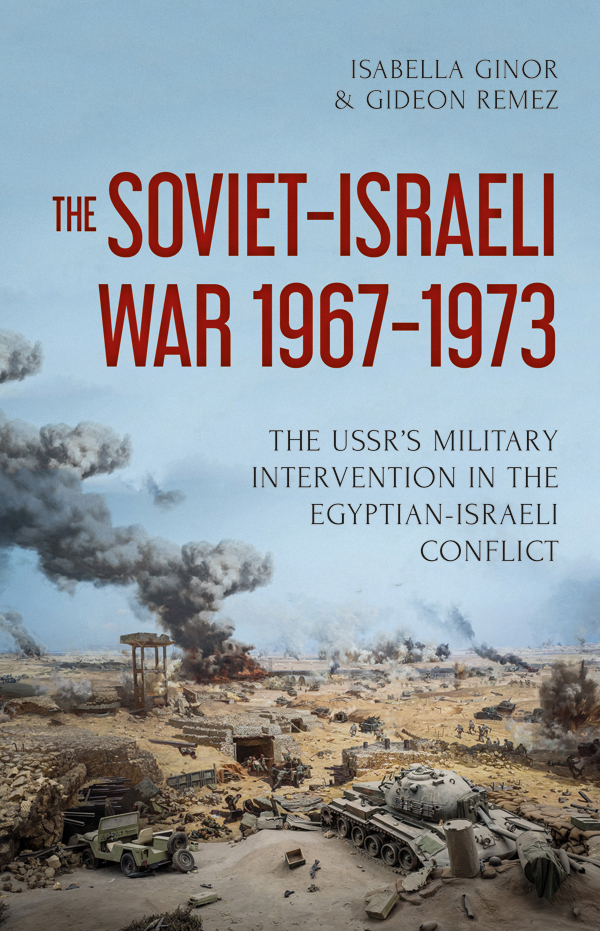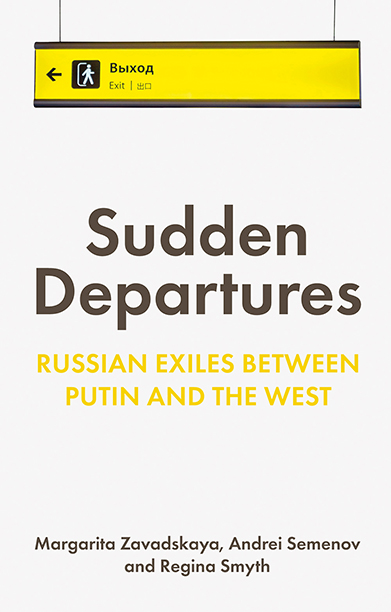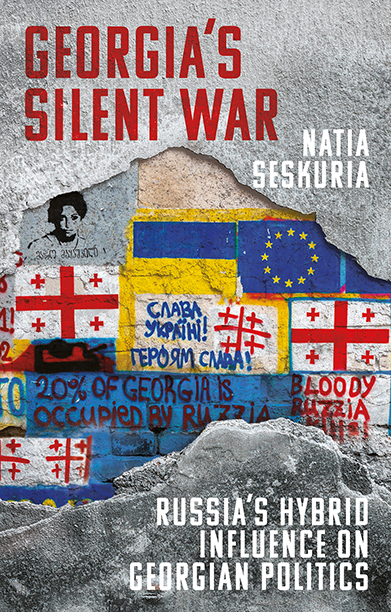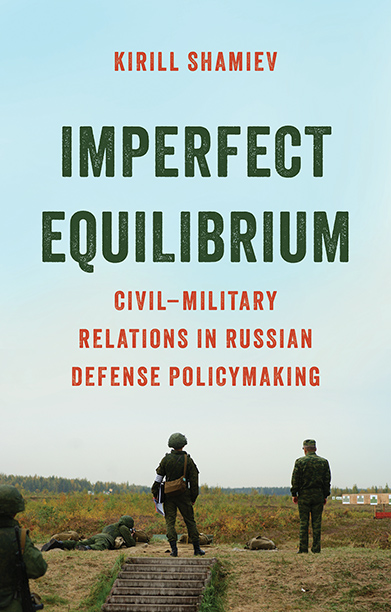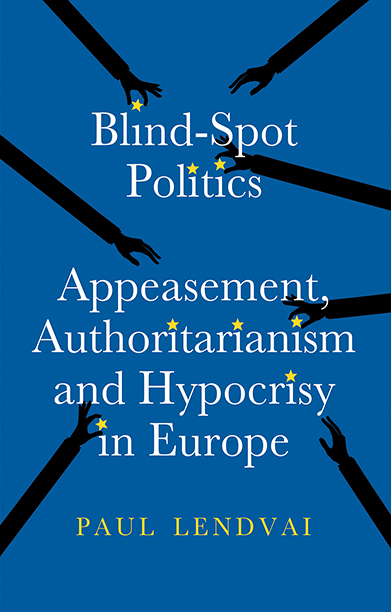The Soviet-Israeli War, 1967-1973
The USSR's Military Intervention in the Egyptian-Israeli Conflict
A history of how the Russians, ever since the Six Day War, were involved in planning, instigating and supporting further Arab military action against Israel.
Description
Russia’s forceful re-entry into the Middle East highlights the topicality of this groundbreaking study, which confirms the USSR’s role in shaping Middle Eastern and global history.
This book covers the peak of the USSR’s direct military involvement in the Egyptian-Israeli conflict. The head-on clash between US-armed Israeli forces and some 20,000 Soviet servicemen with state-of-the-art weaponry turned the Middle East into the hottest front of the Cold War. The Soviets’ success in this war of attrition paved the way for their planning and support of Egypt’s cross-canal offensive in the 1973 Yom Kippur War.
Ginor and Remez challenge a series of long-accepted notions as to the scope, timeline and character of the Soviet intervention and overturn the conventional view that a US–Moscow détente led to a curtailment of Egyptian ambitions to capture the land it lost to Israel in 1967. Between this analytical rethink and the introduction of an entirely new genre of sources—memoirs and other publications by Soviet veterans themselves—The Soviet-Israeli War paves the way for scholars to revisit this pivotal moment in world history.
Table of contents
Foreword
PART ONE: “WE WILL NOT LEAVE EGYPT IN THE LURCH”
1. Rescuing and Rearming the USSR’s Allies in June 1967
2. Holding the Line on the Suez Canal
3. The Soviet Presence Is Formalized and Expanded
PART TWO: OPERATION KAVKAZ
4. Framing the Cross-Canal Goal and the Attrition Strategy
5. The Nuclear Non-issue
6. “Yellow Arab Helmet, Blue Russian Eyes”
7. Facing the Barlev Line
8. A New Phase from March ’69?
9. What Triggered Kavkaz? Refuting Heikal’s Version
10. Dr. Chazov’s “Vacation in Egypt”
11. The Soviet Regulars Move in
12. Operation Kavkaz is Formally Organized
13. The Soviet-Israeli Battle is Joined
14. “A Famous Indiscretion” as the Air War Peaks
15. A MIA Mystery and Soviet Intelligence Methods
16. SAM Successes and a MiG Debacle
17. Ceasefire Violation Seals a Strategic Gain
PART THREE: A DECEPTIVE END
18. Sadat Proves his Stability and Loyalty
19. Return of the Foxbats
20. Trial Balloons from Both Sides
21. Flexing Muscles while Offering a Pullback
22. Jockeying and Posturing
23. The Deal at the Summit and the “Expulsion” Myth
24. Withdrawn Regulars Conceal “Banished” Advisers
25. Deception-on- Nile, July 1972
26. The Soviets “Return” in October
PART FOUR: “WE PREPARED THE WAR”
27. “We Can’t Control the Arabs but Must Support Them”
28. “We Will Be Two Ismails”
29. The Ultimate Test of Ashraf Marwan
30. In the Thick of the Yom Kippur War
31. The Soviet Nuclear Threat and Kissinger’s Defcon-3
Epilogue: So What Went Wrong, and When?
Sources Cited
Abbreviations
Notes
Reviews
‘Isabella Ginor and Gideon Remez’s account of the Arab-Israeli conflict’s military climax from 1967 to 1973 is a groundbreaking work of scholarship that reveals the Soviet Union’s hidden hand in the escalation of Egypt-Israel hostilities. [This book] is a valuable resource for Cold War historians.’ — Journal of Modern Jewish Studies
‘Ginor and Remez provide compelling evidence that the Soviet Union played a far more active role in preparing for the 1973 Arab-Israeli war than either Moscow or Cairo wanted to acknowledge at the time . . . Because their research is so thorough and meticulous, their critics will not find it easy to persuasively counter’. — Middle East Policy Council Journal
‘Richly detailed.’ — Michigan War Studies Review
‘Ginor and Remez’s new evidence not only brings us closer to understanding history but helps frame Putin’s current involvement in the Middle East. Their focus on primary sources from Soviet veterans raises critical questions about previous ideas on the Soviets’ role in Egypt.’ — Israel Book Review
‘Gives readers an unprecedented, granular look at how the Soviets supported the Egyptians during the six years between the 1967 Six-Day War and the 1973 Yom Kippur War . . . it should be required reading for anyone interested in recent Middle East history and Russian military history and doctrine.’ — Marine Corps University Journal
‘In fascinating detail we learn from the authors just how much more deeply the USSR was involved in arming and defending Egypt during the War of Attrition and thereafter as well as how much of what we thought we knew at the time was wrong. Through their admirably diligent pursuit of post-Soviet sources Ginor and Remez have brought the period into much sharper focus. Their work offers an important lesson into how great power politics have shaped and misshaped the history of the Middle East.’ — David A. Korn, former Chief of the Political Section, US Embassy, Tel Aviv; author of Stalemate: The War of Attrition and Great Power Diplomacy in the Middle East, 1967-1970
‘In an important and unconventional reading of Middle Eastern and global history Ginor and Remez challenge the widely accepted picture of the USSR’s position leading up to the Yom Kippur War. They provide evidence of Soviet support for Egypt by collecting the testimonies of Soviet veterans and cross-checking them against Western, Israeli and Arab records. The result of this work is an original and a much enlightening picture of the USSR’s active involvement in the Middle East before that war and the ensuing developments.’ — Aryeh Levin, former Israel ambassador to the USSR and Russia, author of Envoy to Moscow: Memories of an Israeli Ambassador, 1988–92
‘This is the most comprehensive, important, and detailed piece of research on the USSR’s active military intervention in the Arab-Israeli conflict during the years 1967–1973, mainly based on Soviet, Egyptian and Israeli documentary sources, until now insufficiently studied or analyzed. The book will certainly serve as instructive for Middle East researchers, teachers, students, and all interested in this subject.’ — Yosef Govrin, former ambassador and Deputy Director-General for Eastern Europe, Israel Foreign Ministry, author of Israeli-Soviet Relations, 1953–1967: From Confrontation to Disruption
‘This book captivated me the minute I started reading it. A forensic examination of the period, it fills in a lot of missing information and should help readers today understand Putin’s Russia even better as the events in Crimea, Ukraine and other places have taken a page or two out of this Soviet playbook.’ — Mark T. Clark, Director, National Security Studies, California State University, San Bernardino; President, Association for Study of the Middle East and Africa (ASMEA)
‘A terrific book that is likely to provoke much discussion and debate — not just history, but also a way of understanding the enduring interests and involvement of the Soviet Union in the Middle East. As we try to understand Russian behaviour in that region today, this book will become indispensable in providing textured historical context.’ — Daniel C. Kurtzer, Professor of Middle East policy studies at the Woodrow Wilson School of Public and International Affairs, University of Princeton, and former United States ambassador to Egypt and to Israel
Author(s)
Gideon Remez is a fellow of the Truman Institute, Hebrew University of Jerusalem and former head of foreign news, Israel Radio. His previous book with Isabella Ginor, Foxbats over Dimona (2007), won the silver medal in the Washington Institute for Near East Policy's inaugural book prize competition.
Isabella Ginor is a fellow of the Truman Institute, Hebrew University of Jerusalem and former Soviet/Russian affairs specialist for Haaretz newspaper. Her previous book with Gideon Remez, Foxbats over Dimona (2007), won the silver medal in the Washington Institute for Near East Policy's inaugural book prize competition.
